Nigeria lost another hero when Super Eagles legend, Peter Rufai died on July 3. He was 61 years old and died after battling a protracted illness for several weeks.
The news of his death was particularly devastating for the nation and the footballing world which was still smarting from the death of Liverpool and Portugal striker, Diego Jota, who died few hours earlier in a ghastly motor accident in Spain.
A statement signed by the family said that despite their utter shock and sadness at his rather sudden demise, they were indeed extremely grateful to God for the impactful life that He granted Rufai through a very successful football career that made him to become world famous.
Indeed, Rufai affectionately called “Dodo Mayana” by the faithful, was one of Nigeria’s brightest and most charismatic professional footballers, who served the national team admirably and guided it through its golden era.
He was known for his flamboyance, while patriotism, dedication and professionalism also reflected in him throughout the over two decades of his career that saw him play for local and foreign clubs until he retired in early 2000s.
He had been running a goalkeeping academy in Nigeria and Spain since his retirement from active football.
Rufai, from a royal background, represented the Super Eagles on 66 occasions and was a member of the 1994 Africa Cup of Nations winning team in Tunisia.
He was also the first-choice goalkeeper and stand in captain for the National Team during Nigeria’s maiden appearance at the FIFA World Cup at USA 94.
He featured at the 1984 and 1988 Africa Cup of Nations, where Nigeria finished second and also represented Nigeria at the 1980 and 1988 Olympic Games and made his second and last World Cup appearance at the 1998 World Cup in France.
Though a goal tender, he also had a goal to his name, scoring for the Eagles in the 6-0 annihilation of Ethiopia on 24 July 1993, during an Afcon qualifying match in Lagos.
For many Rufai is considered one of the greatest goalkeepers for the national team and was always placed in the class of Thomas Nkono of Cameroon, Ebadou Zaki of Morocco, Antoine Bell of Cameroon, Nigeria’s Emmanuel Okala and Vincent Enyeama and Essam El-Hadary and Mohammed El-Shenawy of Egypt as one of the greatest African goal minders across different generations.
His presence in between the sticks reassured the fans and inspired confidence of his colleagues, who saw him as a very reliable and capable goal keeper. He was known for his poise particularly during penalty shoot-out.
Rufai started his career as a goalkeeper with Sharks of Port Harcourt in the late 1970s. Later he joined Stationary Stores of Lagos in the early 1980s and subsequently plied his trade for Femo Scorpions of Eruwa and AS Dragons de I’Oueme of Benin Republic through the middle of 1980s.
He played as a professional for Lokeren and Beveren in Belgium before joining Go Ahead Eagles of Holland in the 1993–94 season. After the World Cup in 1994, he joined Portuguese side, S.C. Farense and later moved to Spain, where he featured for Hercules CF and Deportivo La Corona. After a short stint in Spain he returned to Portugal for his final hooray with Gil Vicente FC.
Beyond the superlatives, our stance is that our departed sporting heroes should be immortalized for posterity and to serve as inspiration for up and coming generations.
Rufai is the fifth member of the golden generation, joining the likes of Stephen Keshi, Rashidi Yekini, Uche Okafor and Wilfred Agbonavbare, who have passed on, including the first captain of Afcon winning team, Christian Chukwu, who died on April 12, 2025.
After the initial torrent of tributes their memories appear to have faded as those charged with the management of football never considered them deserving of immortalization.
It is also quite unfortunate that in death, there are concerning tales from the siblings of some of them, notably Keshi and Chukwu, that their parents were still owed outstanding salaries and other allowances by Nigeria Football Federation for services rendered as national coaches.
Olawale Ajimotokan, Abuja



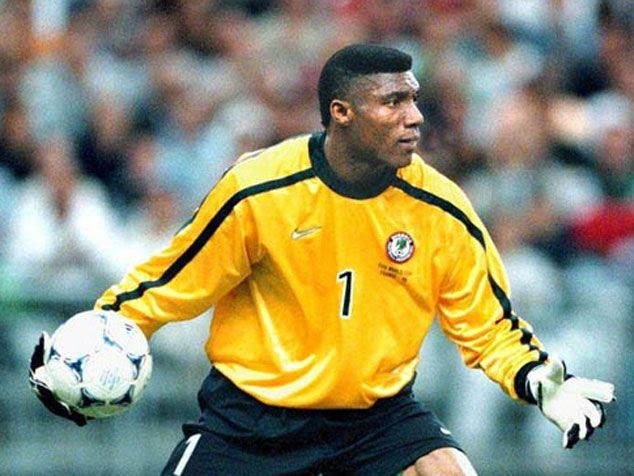

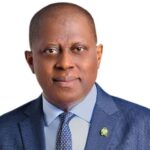


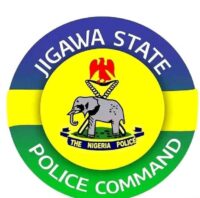
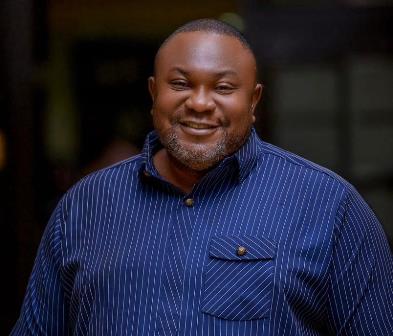
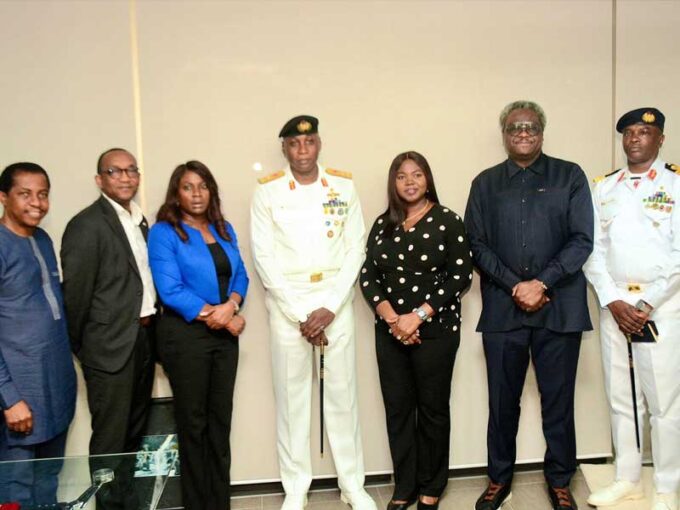
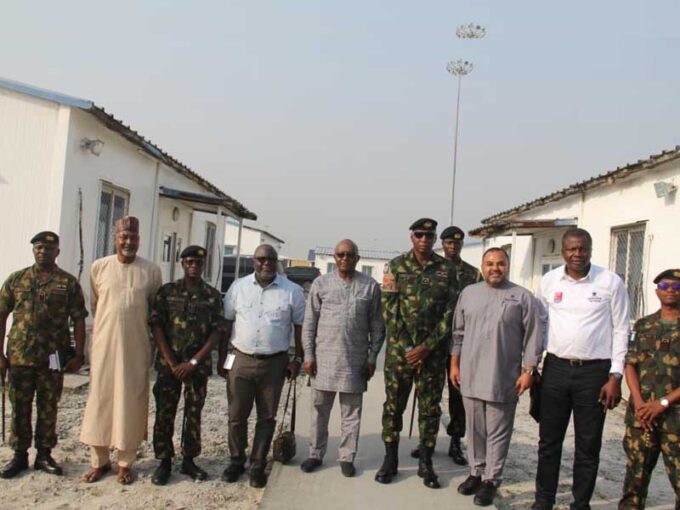




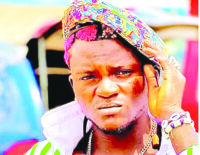
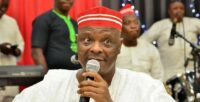
Leave a comment